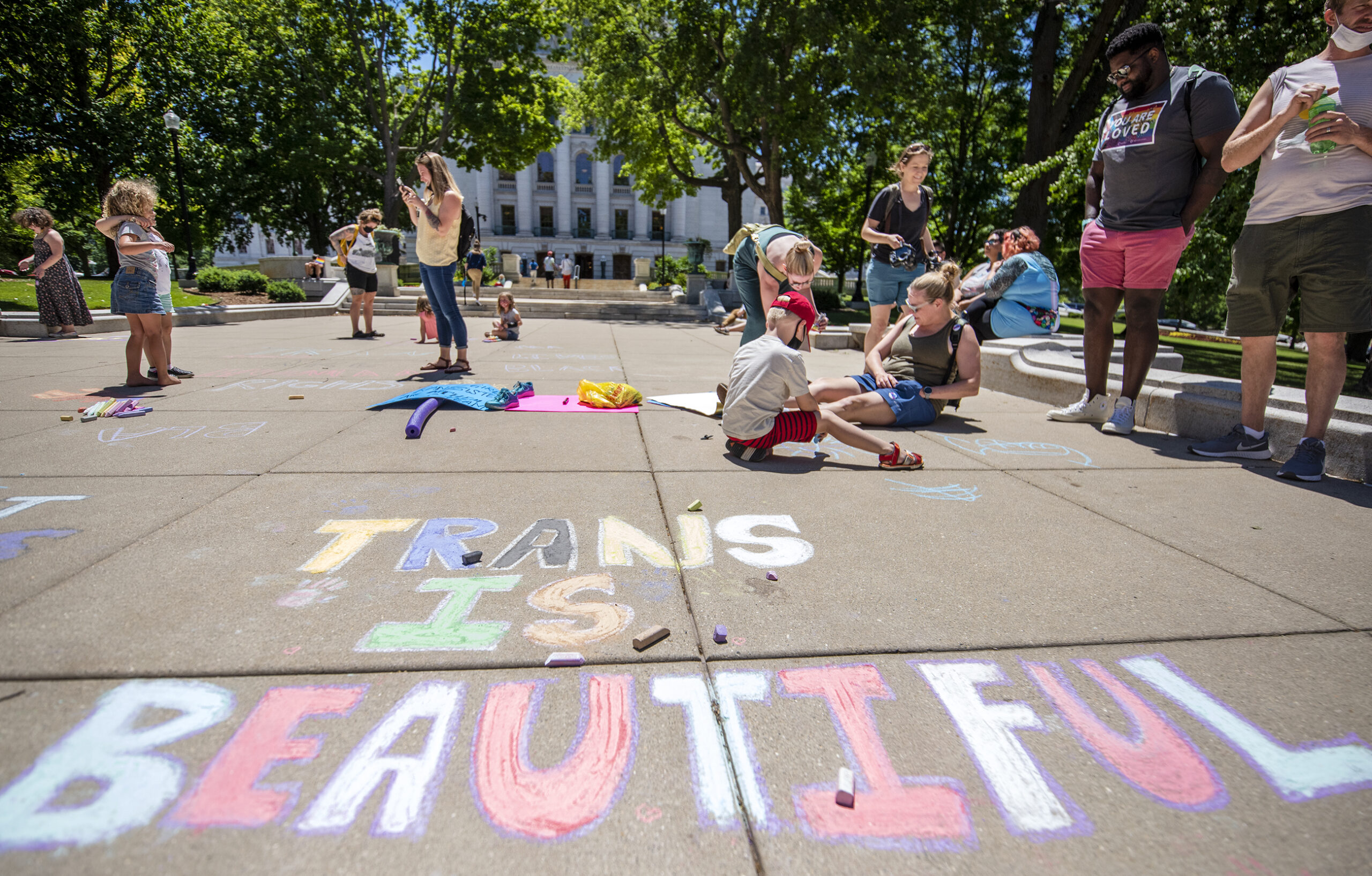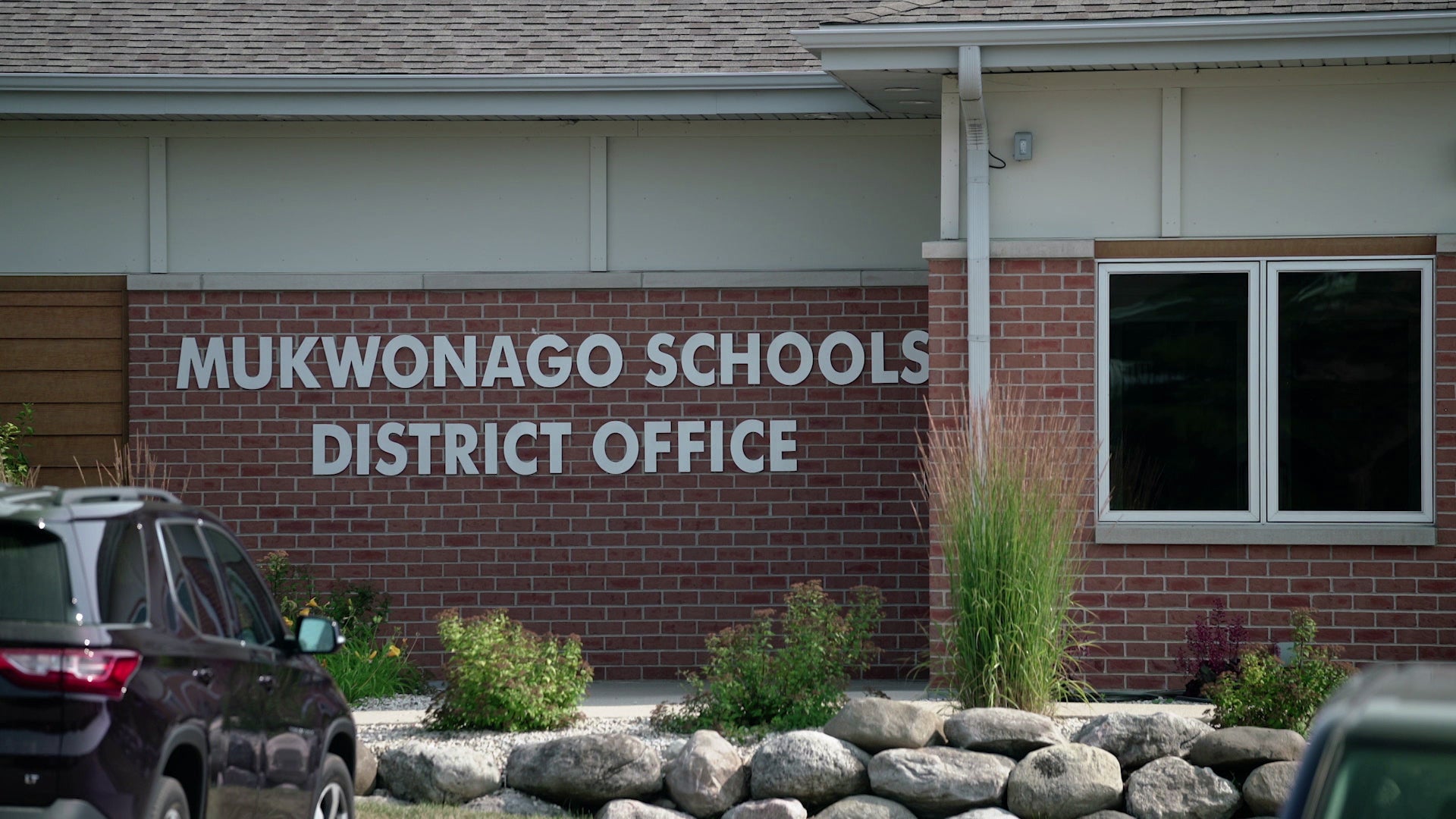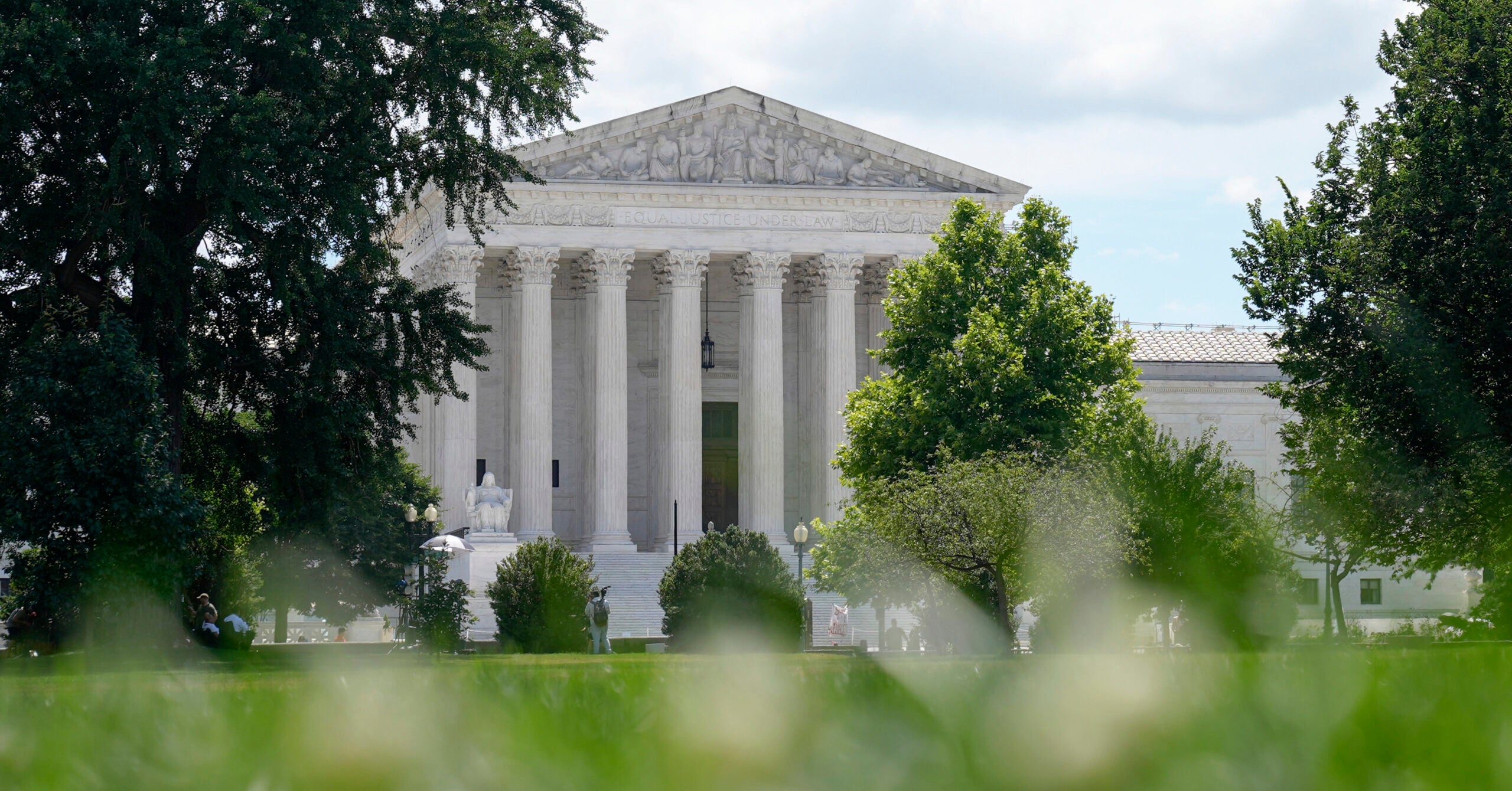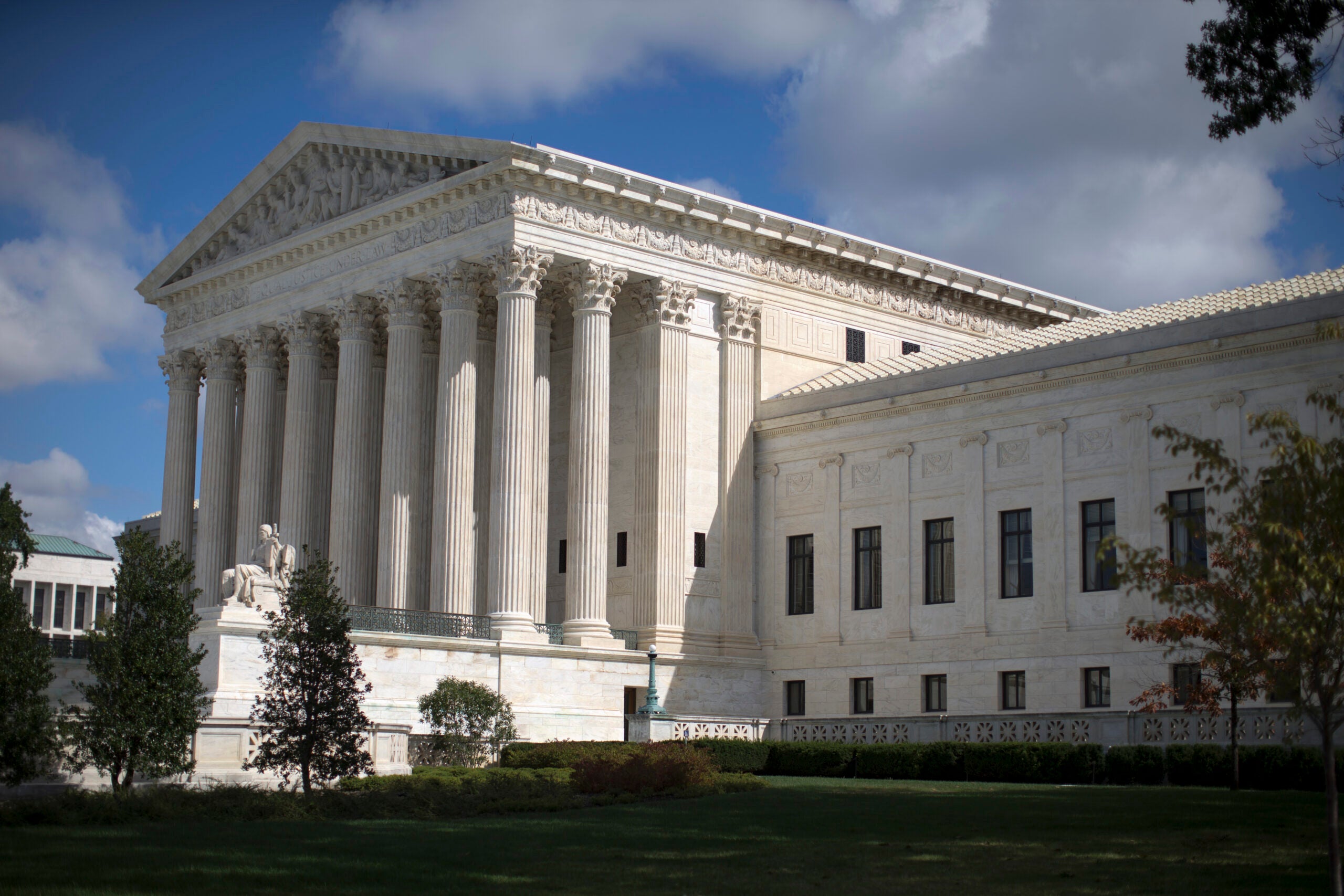A group of parents protesting a gender support policy at Eau Claire schools is asking the U.S. Supreme Court to overrule two lower courts who dismissed their lawsuit because their children weren’t impacted.
The lawsuit, originally filed in 2022, by a group calling itself Parents Protecting Our Children alleges an Eau Claire Area School District gender support plan violates their constitutional rights because it doesn’t require notifications if a student asks about changing their names and pronouns, using different bathrooms or playing on sports teams that match their gender identity.
In March, the Seventh Circuit U.S. Court of Appeals sided with a lower federal court decision from the previous year, and dismissed the case. The order, written by Magistrate Judge Stephen Crocker, stated that while it’s clear parents have genuine concerns, none of the parents, or their children, were affected by the policy.
News with a little more humanity
WPR’s “Wisconsin Today” newsletter keeps you connected to the state you love without feeling overwhelmed. No paywall. No agenda. No corporate filter.
Now, the group is asking the U.S. Supreme Court to weigh in. A petition for a writ of certiorari filed by the conservative Wisconsin Institute for Law and Liberty, or WILL, and America First Legal wants justices to determine whether parents have legal standing to challenge “an explicit policy to usurp parental decision making” and to “conceal this from parents.”
“This case, and the many like it, represent one of the most significant failures of the federal judicial system in our lifetime,” the petition states. “School districts across the country—by one count, over 1,000, covering nearly 11 million students—have adopted policies to facilitate minor students, often of any age, changing their gender identity at school (names, pronouns, and bathroom use) in secret from their parents.”
Luke Berg is a deputy counsel with WILL. He told WPR getting the U.S. Supreme Court to accept a petition like this is a “longshot” but there are more than 30 similar cases around the country.
“And so I hope what the court sees is that it needs to weigh in, because if it doesn’t, in the meantime, lots of young people and families are going to be hurt by these policies, while everybody tries to figure out how to challenge them, and it shouldn’t be that complicated standing law,” Berg said.
Berg said “gender dysphoria can be a very serious mental health issue” and kids experiencing it “need professional help.”
“What they don’t need is a bunch of adults around them during the day, confirming and agreeing that they were born in the wrong body, they need professional help to process what they’re feeling, and why they feel the need to reject the body that they were born with,” Berg said.
Eau Claire Area School District Board of Education President Tim Nordin sees things differently. He told WPR the policy’s goal is to help marginalized students. Nordin was unaware of WILL’s petition to the nation’s highest court, but said he isn’t surprised.
“I don’t know what the Supreme Court will do,” Nordin said. “But I also feel like if they take it, they will also find that there’s no injury and no standing for suit. But this has been WILL’s plan all along. They want to get it in front of the Supreme Court, because they believe that the Supreme Court is extremely friendly to far right issues like this.”
Nordin said if the Supreme Court mandates them to change their gender support plan they will comply.
“But we believe that we’re not only following the laws, but we’re doing so in a way that best serves the children in our community that need our support and help,” Nordin said.
Though standing is outlined in US Constitution, it’s flexible
The “standing doctrine” limits who may file a lawsuit over some type of misconduct. It’s based on Article III of the U.S. Constitution which states courts may only decide a “case or controversy.”
In 1992, the Supreme Court created a three-part test to determine standing. In short, a plaintiff must have suffered what is called an “injury in fact” that is concrete and actual or imminent.
Jonathan Adler is a professor at Case Western University School of Law in Cleveland, Ohio. He told WPR how justices address the standing doctrine in court cases has evolved over time. Traditionally, he said, the standing doctrine was thought to be one that conservatives wanted to enforce strictly, whereas liberals were seen as wanting to be more permissive.
“So, there is some tumult or some instability in standing law,” Adler said. “And certainly, this petition is attempting to take advantage of that to get this issue before the court, in part because there’s not as much consensus about where we should be drawing these lines in standing as there used to be.”
Marquette Law School Associate Professor Christine Chabot agrees.
“I would say in general, standing doctrine is something that seems to potentially shift with the political interest of the justice,” Chabot said.
She said one recent example was the Supreme Court’s decision overturning President Joe Biden’s student loan forgiveness program. In that case, six states and two borrowers sued to stop the president’s policy before it took effect. The court ruled Missouri did have standing because it created one of the country’s largest loan servicers and would face losses of up to $44 million per year as a result.
As for the parent’s lawsuit seeking to dismantle the Eau Claire school district’s gender support plan, Chabot said “it doesn’t seem like a strong case on the merits.”
“But on the other hand, I think people are often being surprised on the standing question by the Supreme Court these days,” Chabot said. “So, I can see why they took a shot and filed a cert petition.”
Editor’s note: The headline of this story has been updated to clarify WILL’s intent with the lawsuit.
Wisconsin Public Radio, © Copyright 2025, Board of Regents of the University of Wisconsin System and Wisconsin Educational Communications Board.







